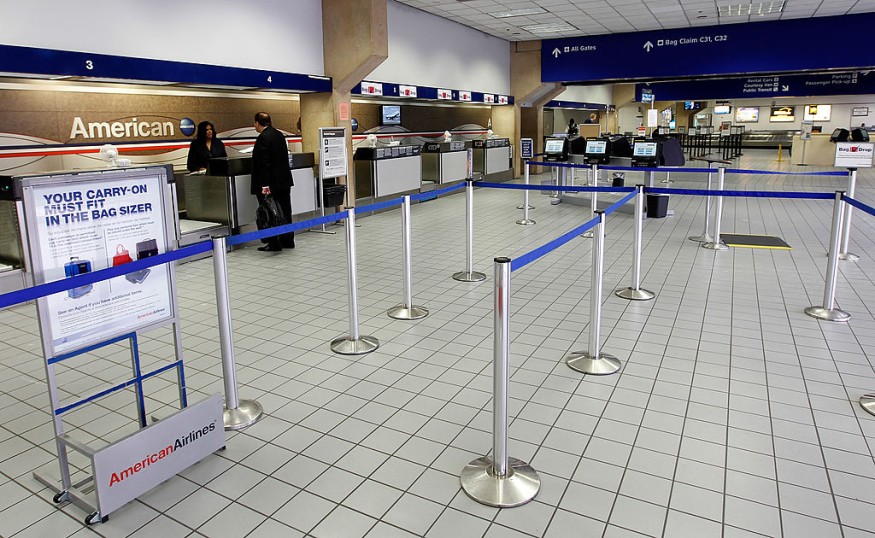Dallas Love Field is currently testing two seven-foot-tall machines at the airport, one close to baggage claim and the other close to security checkpoints, to determine whether robotic assistants can both assist customers in getting around, not to mention warn passengers who break the rules.
Indeed, as a report from The Dallas Morning News specified, the two Security Control Observation Towers call airport security and operations if there's a need for more help.
According to Lauren Rounds, a Love Field spokesperson, whereas not quite RoboCop, the machines with the nickname "SCOT" were installed last month to identify if they can effectively supplement present airport operations.
The robots Love Field robots look like many other airport kiosks with touch screens, including way-finding information, parking garage map, and ride-hailing and shuttle pick up directions.

Touchless Interactions
SCOT is described as "much smarter," it can detect what people are wearing and whether they've got on a face mask.
Airports have been at the cutting edge of technology, including facial recognition and other biometrics, for years, a trend that's causing the apprehension among privacy advocates who are saying there are few if any, regulations or guidelines about how arising technology should be used.
2 7-foot-tall robots at @DallasLoveField are watching for unmasked travelers and curbside loiterershttps://t.co/ZW718HMZlN
— Kyle Arnold (@kylelarnold) April 8, 2022
In 2019, Amazon took criticism following the trial of its Rekognition technology with the police department before the decision to ban law enforcement from using it two years after.
Nonetheless, private businesses and airports have been more aggressive, and the pandemic has spurred more emphasis on touchless interactions and transactions using computers.
Facial Recognition Technology
Based in Fort Worth, American Airlines uses facial recognition for some customers to check bags, and airports like DFW International Airport partner with the United States State Department for facial technology for passengers coming to the airport. Meanwhile, surveillance technology has not stopped progressing since the rest of the world was not amid a global pandemic.
Attorney for digital privacy rights group Electronic Frontier Foundation Adam Schwartz said that, in fact, more and more companies are employing artificial intelligence to monitor spaces. It is worrying that an airport has installed a new AI system. It raises many questions about what that particular energy is doing.
Security-Assisting Robot
The robotic SCOT kiosks can detect passengers and behavior based on rules set by every user, like in the airport. For example, people driving up to the curbside drop-off site late at night might get a series of verbal warnings escalating in severity and volume. Lastly, the machine can contact the police, notify on-site security, or even enable an individual to make an announcement remotely.
The machines can detect flagged individuals based on what they are wearing, specifically, if they are in places vulnerable to crime, like baggage claim, explained Reinharz.
According to a similar USSA News report, License plate-scanning cameras can come out with warnings to suspicious cars or prompt vehicles to move along if they have been waiting too long in passenger pickup lanes. During the COVID-19 crisis, the company said it pushed technology as well that can identify if subjects are wearing face masks.
A report about this Dallas Love Field robot is shown on The Dallas Morning News's YouTube video below:
RELATED ARTICLE : MorphFace Robots with Realistic Pain Expression for Reduced Errors, Bias by Doctors Developed
Check out more news and information on Robotics in Science Times.












